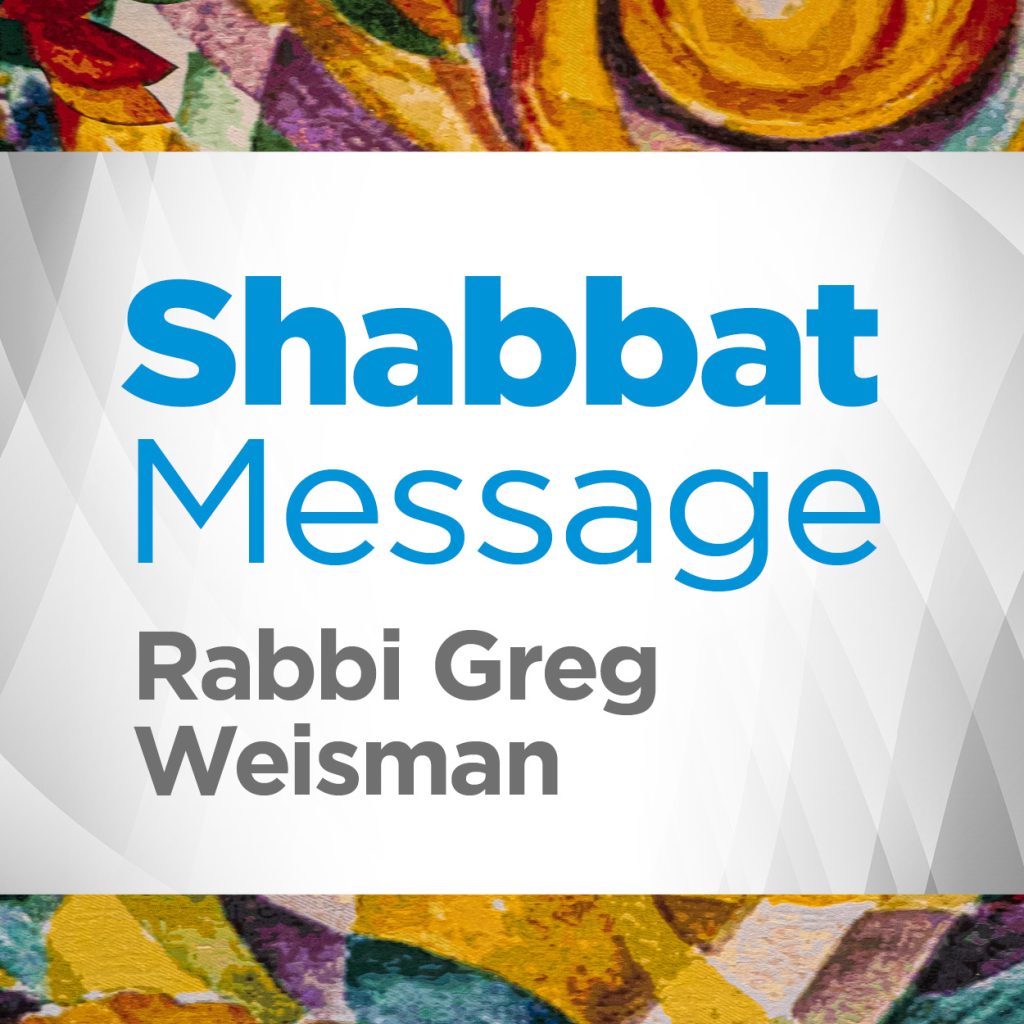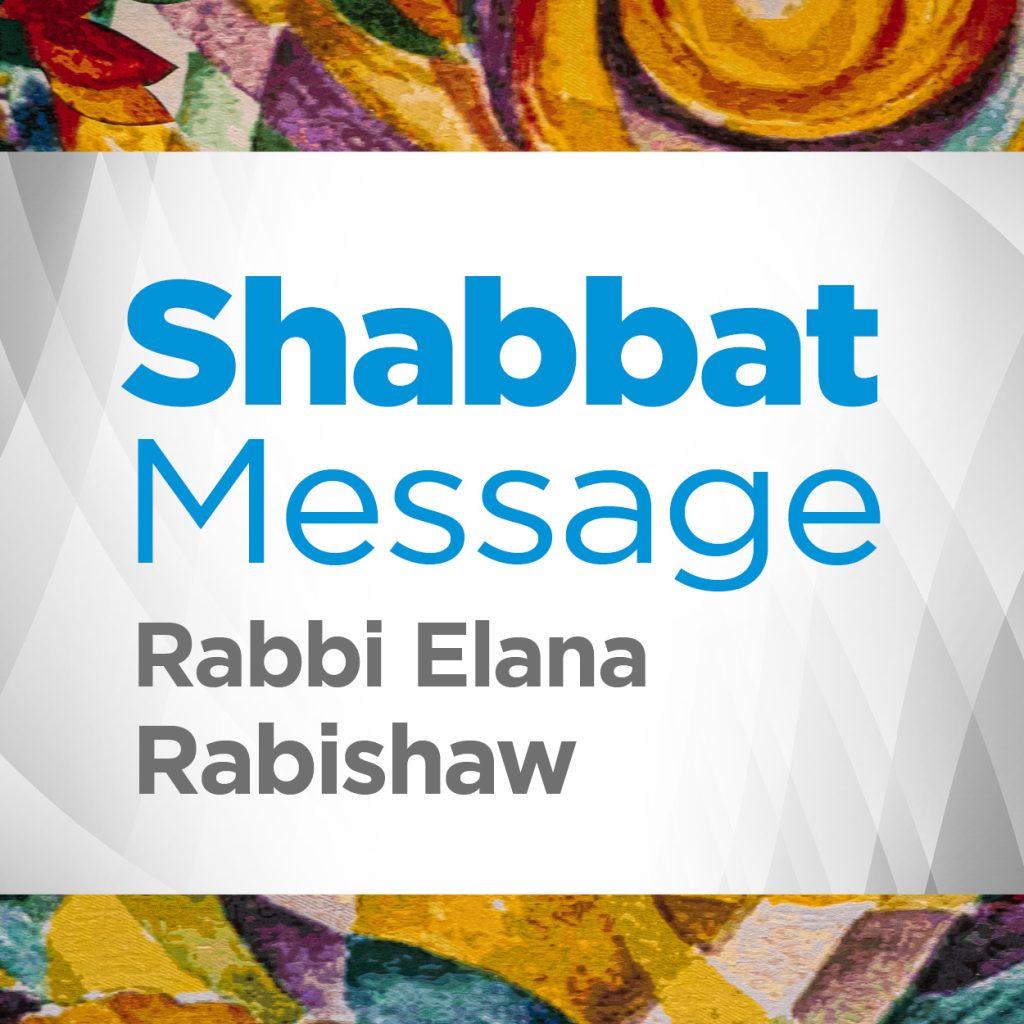There is a story, that in the 11th Century, Rabbi Amnon of Mainz was under heavy pressure from the local archbishop to convert to Christianity. Stories like his were not unusual in the medieval period, as leaders from the Church sought to convert both Jews and Muslims, and recognized the impact that converting rabbis would have on their communities. It was just a few days before Rosh HaShanah, and Rabbi Amnon was not at all interested, but as a way to delay whatever fate might await him for rejecting the offer, he asked the archbishop for three days to pray on it. As soon as the archbishop granted his request Rabbi Amnon was overcome with regret, for fear that it would be interpreted that he would ever consider abandoning his Jewish faith.
The three days came and went, and Rabbi Amnon did not return to the archbishop with his response. The archbishop sent guards to arrest Rabbi Amnon and bring him to the palace, where the rabbi begged that his tongue be cut out as a way to atone for his sin of deception. Rather than grant his request, the archbishop had the rabbi’s hands and limbs cut off one by one, after each amputation giving him another chance to convert. Each time, he refused. Eventually, the archbishop sent his body and severed limbs home, and as Rosh HaShanah came, Rabbi Amnon asked to be taken to the synagogue. There, with his last breaths, he uttered a new prayer, Unetaneh Tokef”
“Let us proclaim the power of this day-
a day whose holiness awakens deepest awe
and inspires highest praise for Your dominion,
for Your throne is a throne of love;
Your reign is a reign of truth.”
Each year since we have uttered those words on Rosh HaShanah and Yom Kippur, words that encapsulate the essence of judgment that the High Holy Days represent. The prayer continues describing the Holy One as our judge and witness, judging us as a shepherd considers the flock. On Rosh HaShanah our fate is written and on Yom Kippur our fate is sealed, who will live and who will die, who by fire and who by water. But through repentance, prayer, and tzedakah the severity of the decree can be tempered.
Rabbi Amnon quoted from Torah, Prophets, and the Writings, and retold a teaching from the Talmud that all of God’s creations pass before the Holy One for judgment on this day. The phrases he used, “A great shofar will cry, and a still small voice will be heard…for this is the day of judgement,” set the tone for our personal introspection during the High Holy Days.
The words are haunting, and cantors throughout the generations have set them to music to match. During those moments of Rosh HaShanah and Yom Kippur we are asked plainly and directly to consider our own mortality, to reflect on our behaviors and deeds of the past year, and to resolve to try to be better versions of ourselves in the year that has just begun.
In the millennium since Rabbi Amnon penned the words, they have been recited, adapted, interpreted, and reframed in a myriad of ways, all which speaking to the lasting power of his liturgical masterpiece. In our own time, the great Jewish singer-songwriter Leonard Cohen interpreted the themes and reframed the words in his famous “Who by Fire.” Many modern machzorim, the special prayerbooks used on Rosh HaShanah and Yom Kippur, offer alternative recitations how our lives might come to an end, like heart disease, drug overdose, or cancer.
As I read and think about these words, whether in preparation for the Holy Days or on the days themselves, I find myself between two reactions. On the one hand, the weight of the imagery, imagining loved ones who have passed, and all those who lost their lives in the manners described, can be very depressing. But on the other hand, when I read the words all the way through, I am lifted by the optimistic note on which it ends. It reminds us that the Holy One’s goals is not that we all should die as a punishment for our sins, but that we should repent, repair the damage caused by our misdeeds, and be inscribed for blessing in the Book of Life.
We are two weeks and two days away from Rosh HaShanah 5783, where we will once again sing, hear, and read Rabbi Amnon’s words. As we enter in to Shabbat and these final days before we pass in judgment before the Holy One, let us be inspired to begin our resolution to improve ourselves, our families, and our community in the year to come.
Shabbat Shalom,

Rabbi Greg Weisman









